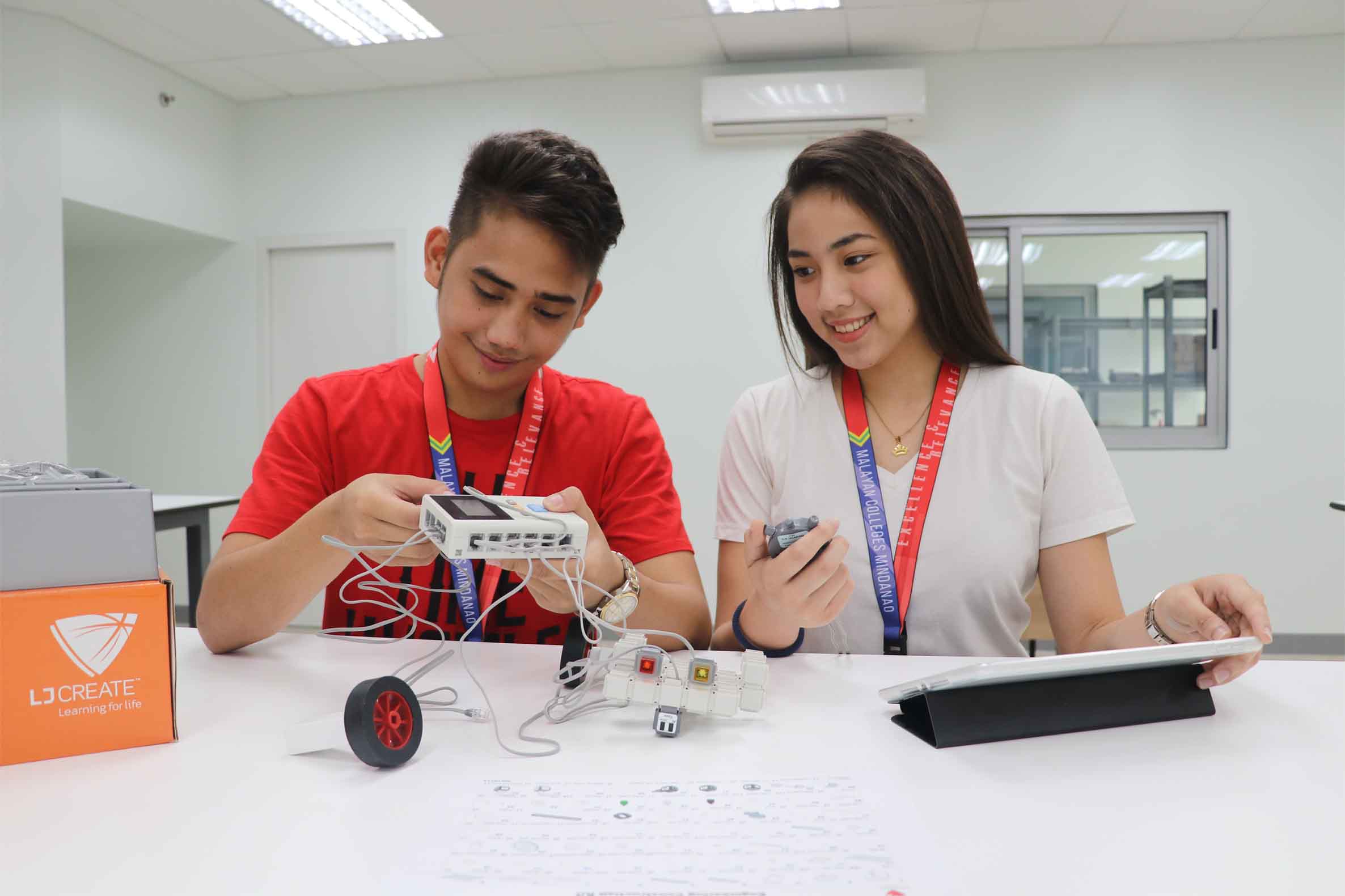Bachelor of Science in Industrial Engineering
Streamline operations and boost efficiency through our Bachelor of Science in Industrial Engineering program, built for modern industries.

BS Industrial Engineering Program Overview
The industrial engineering degree focuses on the mastery of crafting, improving, and installing products and integrated systems of people, information, equipment, and energy. With outcomes-based education, it gears up learners’ knowledge and competencies with the principles and methods of engineering analysis and design to assess outcomes from varied systems.
BSIE advances learners to potentially establish a foundation in both the manufacturing and service industries. This enables students to qualify for the local and global standards in the field of industrial engineering.
BS Industrial Engineering Program Educational Objectives
- Graduates of the industrial engineering program will have the technical skills and professional qualifications to become competent engineers who can support the industry, academe, or government.
- Graduates of the industrial engineering program will be collaborators and innovators in the field, leading or participating in efforts to address social, technical, ethical, and business challenges.
- Graduates of the industrial engineering program will be engaged in lifelong learning and professional development.
BS Industrial Engineering Degree Student Outcomes
Graduates of the Bachelor of Science in Industrial Engineering program are expected to demonstrate:
- Apply knowledge of mathematics, science, engineering fundamentals and engineering specialization to solve complex engineering problems;
- Conduct experiments of complex engineering problems, that include design of experiments, analysis and interpretation of data, and synthesis to provide conclusions;
- Design solutions for complex engineering problems and design systems, components, or processes to meet desired needs within realistic constraints such as economic, environmental, social, political, ethical, health and safety, manufacturability, and sustainability;
- Function effectively on multidisciplinary and diverse teams;
- Identify, formulate, synthesize research literature and analyze complex engineering problems;
- Apply principles of professional ethics and responsibilities;
- Communicate effectively complex engineering activities with the engineering community and with society at large;
- Evaluate the impact of complex engineering solutions in a global, economic, environmental, and societal context;
- Recognize the need for, and have the ability to engage in independent and life-long learning;
- Assess contemporary issues and consequent responsibilities relevant to professional engineering practice;
- Create and apply techniques, resources and modern engineering and IT tools necessary for engineering practice;
- Demonstrate knowledge and understanding of engineering and management principles as a member and leader in a team, to manage projects and in multidisciplinary environments; and
- Ability to design, develop, implement, and improve integrated systems that include people, materilas, information, equipment and energy.
BS Industrial Engineering Career Opportunities

Operations Analyst

Logistics Coordinator

Manufacturing Engineer

Quality Assurance Specialist
Ready to Apply?
If you’re ready to take the next step, start your journey through our quick, easy, and streamlined application process today.

